We independently evaluate all recommended products and services. If you click on links we provide, we may receive compensation.
There’s perhaps nothing more disheartening than seeing big clumps of hair circling the shower drain while you’re halfway through your weekly “everything” shower. If you’re prone to the postshower shed or have noticed your strands looking thinner than you’d like, you’ve probably wondered whether those hair growth supplements lining the shelves at your local drugstore actually work. Plenty of TikTokers seem to think so — and we’ll admit, the before-and-afters can be pretty convincing. Still, you can’t trust everything you see on social media.
To find out whether hair growth supplements can actually encourage hair growth, we tapped clinical dietitian Kylie Bensley, M.S., R.D., and Food Over Drugs founder Sheela Mahdavi. Keep reading to learn what’s fact and what’s fiction.
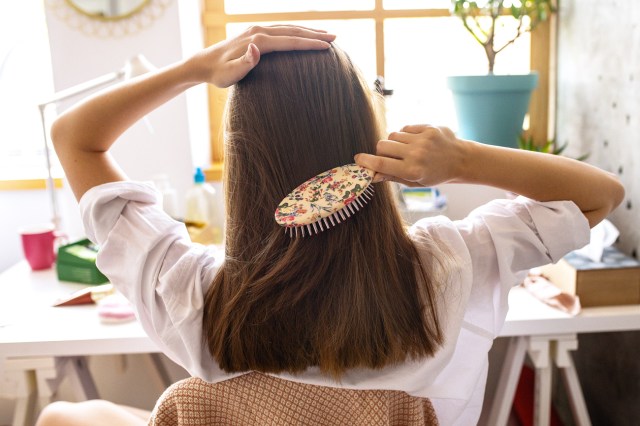
What Are Hair Growth Supplements?
There are a plethora of different vitamins and supplements on the market that claim to help promote healthy hair. While the ingredients in each formula may differ slightly, they typically contain biotin, a B vitamin that aids in the production of keratin, the protein that your hair (and nails) are made out of. Many also contain collagen — another protein found in the hair — as well as nutrients including zinc, iron, and silica (the latter of which, Mahdavi says, “is a necessary component for the production of collagen”).
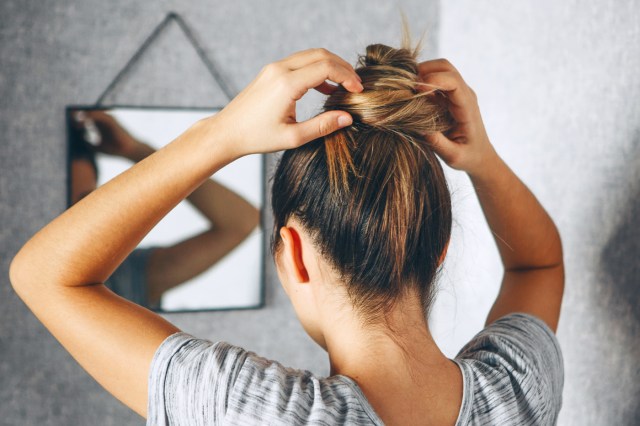
Do Hair Growth Supplements Work?
Hair growth vitamins may seem like a gimmick, but they can be effective, according to Bensley. “Most Americans — approximately two out of three — are deficient in the micronutrients needed for hair growth,” she says. A well-chosen supplement can “replenish the nutrient depletion in your body,” she adds, and potentially aid in hair growth. Mahdavi agrees, noting that supplements “can be effective when they contain the right blend of nutrients.”
That being said, thinning hair and hair loss can have several causes — not all of which can be addressed with a daily vitamin. Some common causes include stress, hormonal fluctuations, and even wearing certain hairstyles, per the Mayo Clinic. As such, Bensley notes, “Finding the root cause, no pun intended, of poor hair growth is the most important factor” if you’re looking to minimize fallout and build a fuller mane. That might mean checking with your doctor and getting blood drawn to see if you’re deficient in specific vitamins that lead to hair growth. If you’re not, supplements might not work as well.
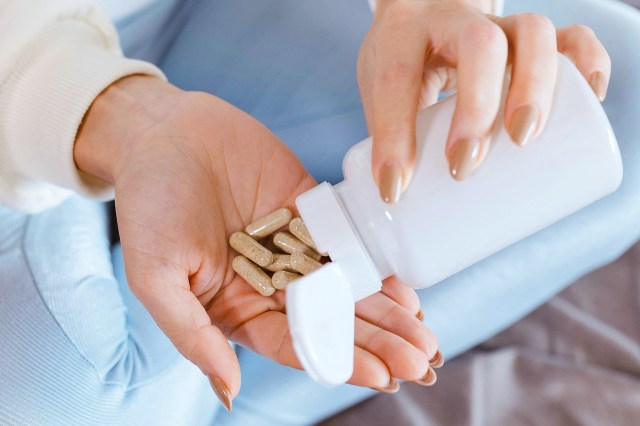
How To Choose a Supplement
A few micronutrients are essential for hair growth, including B vitamins, iron, silica, and zinc. Start by checking the ingredient label of your chosen supplement and make sure it contains these nutrients. If you suspect your hair loss is stress-related, Bensley suggests looking for formulas that contain calming ingredients, such as ashwagandha. Formulas with astragalus root may also be beneficial, as studies show this herbal ingredient may help promote hair growth.
Remember to talk with your doctor before taking any supplements to ensure you’re taking the right ones. Some herbs can also interact with other oral medication, so your doctor or pharmacist can check that out for you. Finally, heed Mahdavi's advice and remember that “supplements work best when combined with a healthy diet and lifestyle.” Vitamins aren’t a magic fix — and the best way to grow (and maintain) healthy hair is by ensuring you’re following a balanced diet, managing your stress, and taking proper care of your strands.
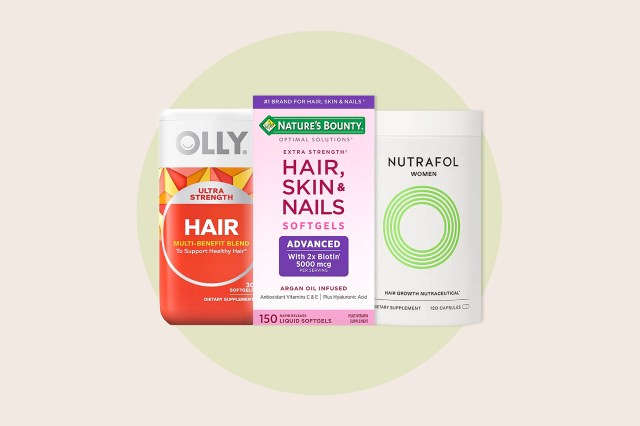
Shop bestselling hair growth supplements:
This article is for general informational purposes only.
Affiliate Disclaimer Medical Disclaimer



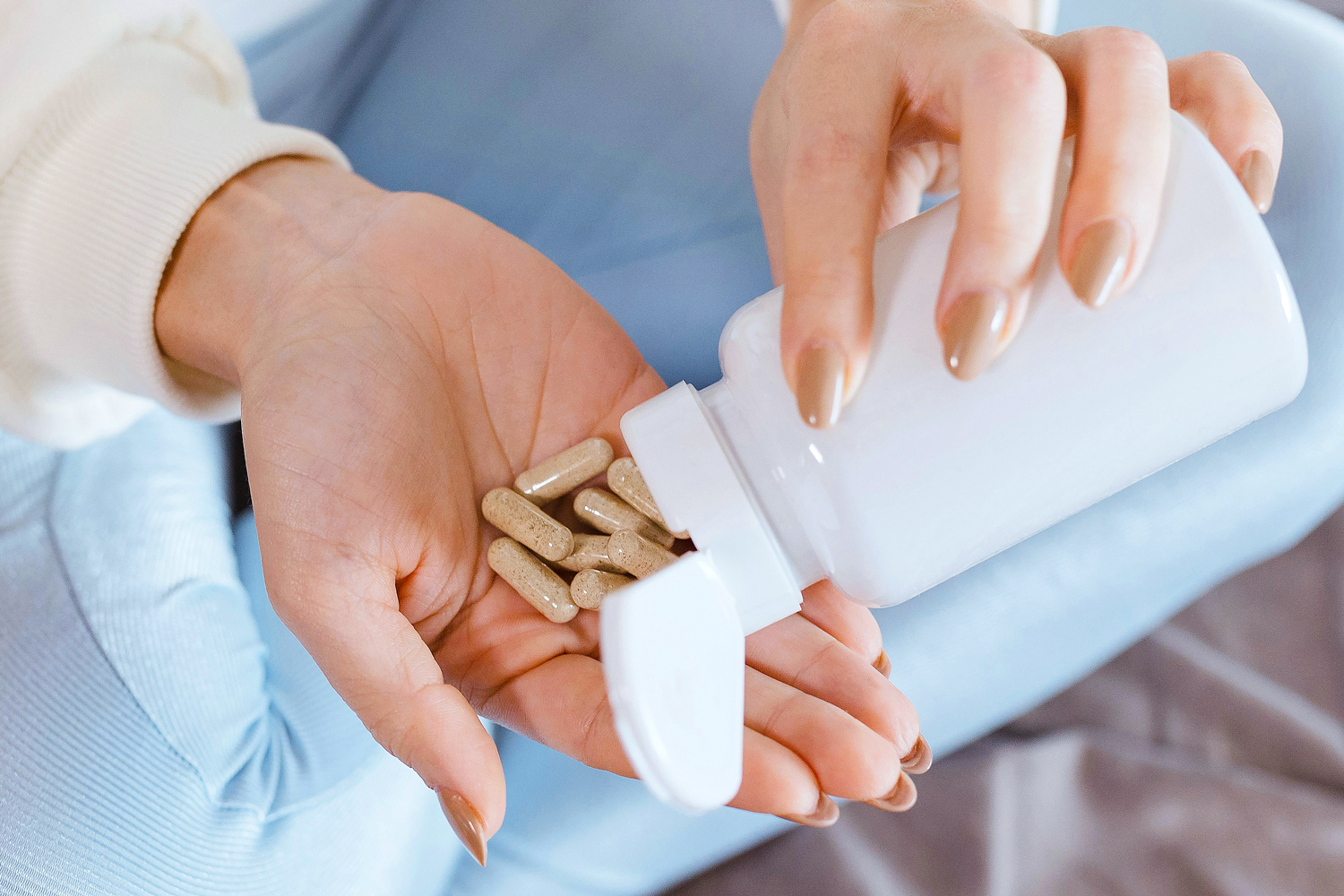
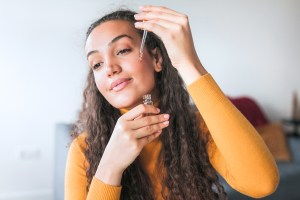





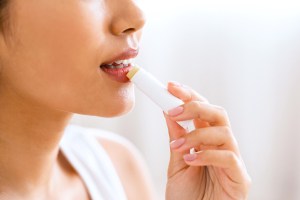
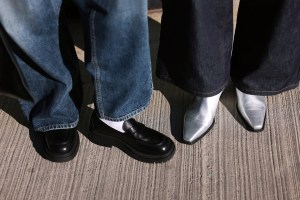
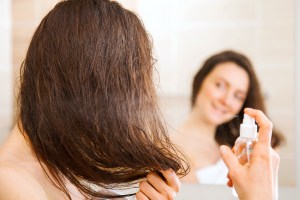

 Unique Beauty is free for all users.
Unique Beauty is free for all users.